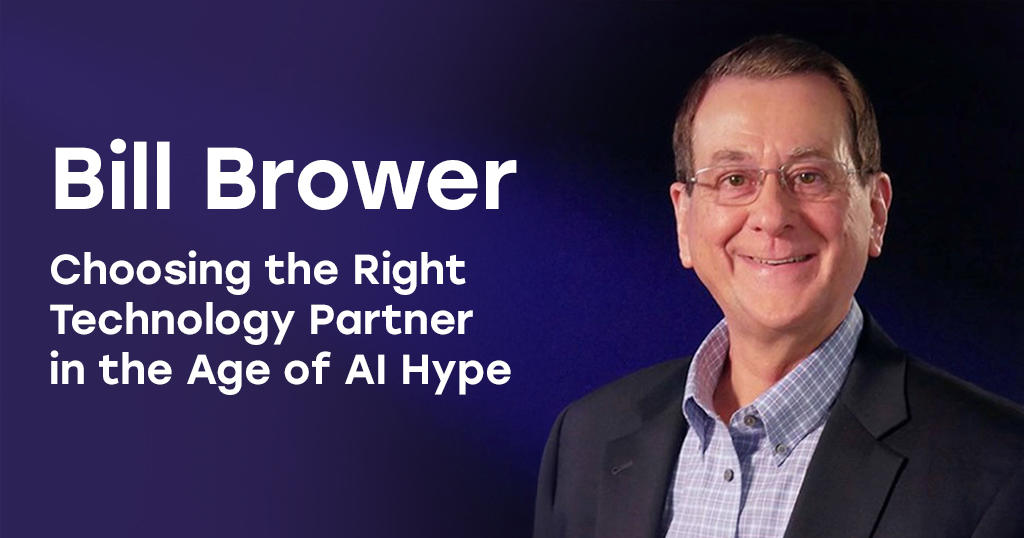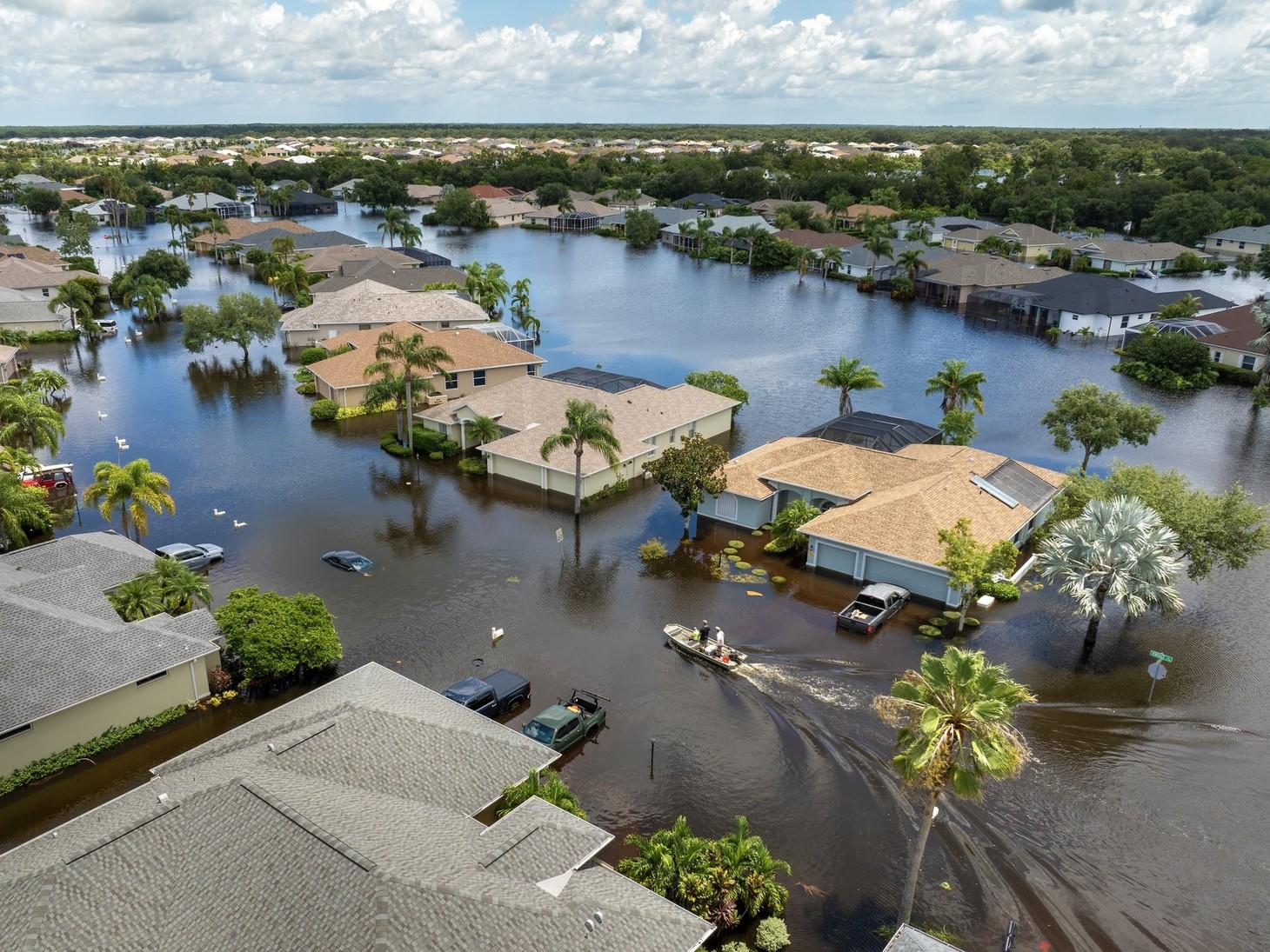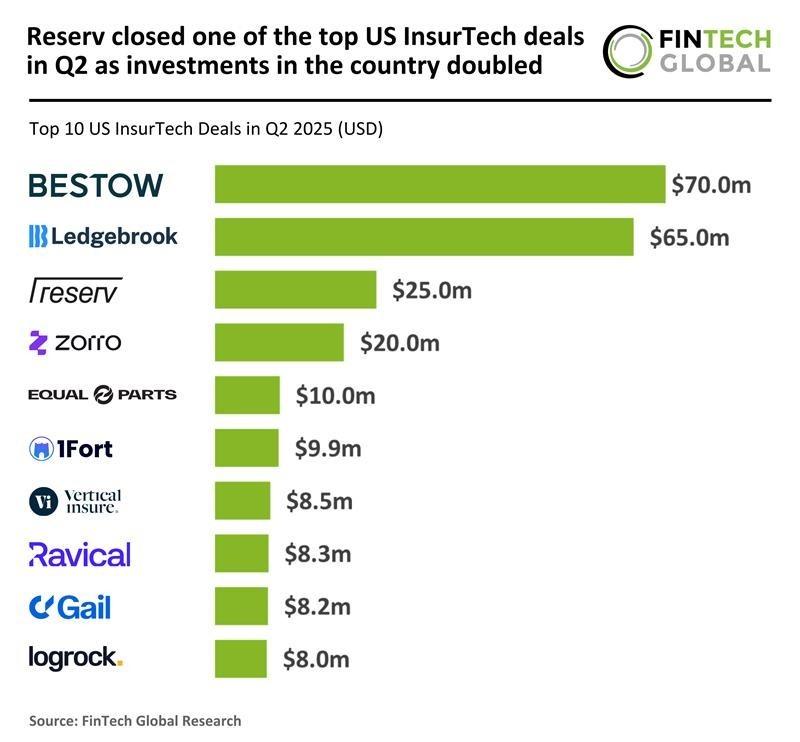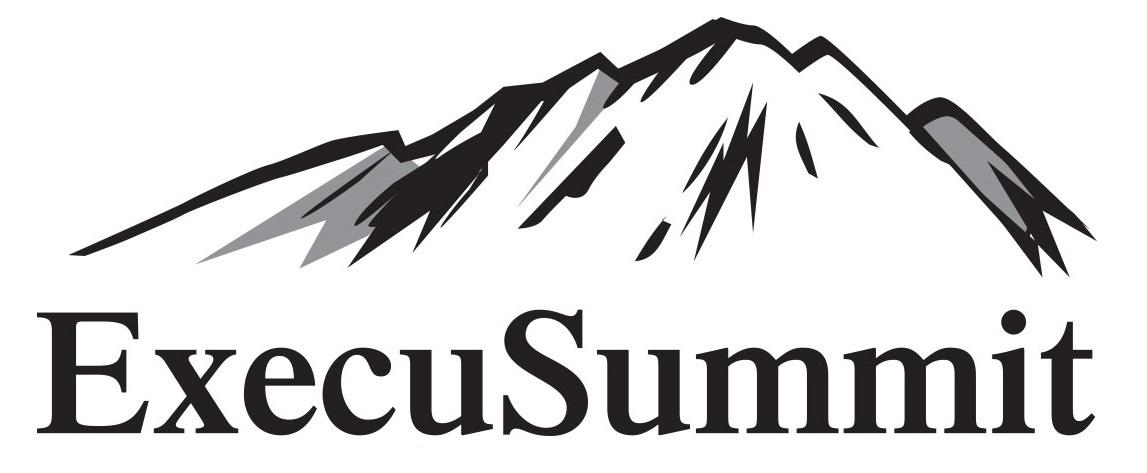News

Consumer Watchdog Sets Record Straight With Newsom On Insurance, Companies He Said Were "Coming Back In" Never Left the Market
Consumer Watchdog issued a "Consumer Alert" video warning the public about several misstatements Governor Newsom made at Climate Week in New York about the California insurance market.
The video called Newsom out for stating four insurance companies that had left California were coming back. In fact, none of the companies, nor a fifth Insurance Commissioner Lara added to the list – Mercury Insurance, USAA, CSAA, Pacific Specialty, or California Casualty -- had ever left the state. Neither had they announced blanket nonrenewals like other companies have in California. Not only had the companies not stopped doing business in the state, one, Mercury Insurance, actually expanded its footprint by taking over business of another company that left, Tokio Marine, in May 2024. One company, USAA, had cut back on new policies for homeowners in wildfire risk areas, and another, Pacific Specialty, had paused new business.
Newsom also misstated the terms of the regulations under the so-called "Sustainable Insurance Reforms." He claimed that in exchange for higher rates insurance companies would have to insure 85% of people who live in the wildland-urban interface or WUI. In fact, there is no such requirement in the regulation – only a target that companies have to insure 5% more people after two years, and the goal is not enforceable.
Consumer Watchdog pointed out the FAIR plan, the insurer of last resort, has more than doubled in size since Lara announced his "Sustainable Insurance Strategy" more than two years ago – from 284,000 customers to 649,000 in June.
AI in Insurance

Choosing the Right Technology Partner in the Age of AI Hype - Solera
With more than 30 years of insurance and automotive claims experience, including senior leadership roles at Liberty Mutual, Nationwide, and LexisNexis Risk Solutions, I’ve seen technology promises come and go. Today, as Senior Vice President of Industry Relations and Claims Performance at Solera, I work with insurers worldwide to improve claims efficiency, accuracy, and customer satisfaction.
What I’ve learned is simple: in times of rapid innovation, the industry must balance opportunity with caution. Artificial Intelligence is transforming claims management, but it has also created a surge of vendors offering “AI-powered” solutions that look impressive in a demo yet fail to deliver at scale. For insurers, the wrong choice doesn’t just waste budget, it can disrupt operations, erode customer trust, and create regulatory exposure.
At Solera, we’ve spent decades building and refining Vehicle Claims solutions that deliver measurable results globally.
Here are four principles insurers should use to separate hype from proven value when choosing a technology partner.
Bill Brower, Senior Vice President of Industry Relations and Claims Performance, Solera
Accenture completes ‘reinvention’ as generative AI revenues roll in
“Our data business is on fire,” CEO Julie Sweet said during the company’s Q4 2025 earnings call Thursday.
Dive Brief:
- Accenture touted substantial gains in its AI business and surging demand for data modernization services, during a Q4 2025 earnings call Thursday.
- “Our data business is on fire,” CEO Julie Sweet said during the call. “One out of every two projects in Gen AI, agentic AI and physical AI now has significant data pull-through.” The firm also folded five formerly discrete business units together under the banner of reinvention services, finalizing the reorganization earlier this month, Sweet said Thursday.
- The professional services firm saw generative and agentic AI revenues triple and bookings nearly double year over year, yielding $2.7 billion and $5.9 billion respectively, in the 12 months ending Aug. 31. The company’s total revenue on the year grew 7% to nearly $70 billion, split almost equally between consulting and managed services, according to the earnings release.
Research
Insurance Technology in 2030: Bridging Gaps and Building Futures
AI will redefine competitiveness by 2030.
In the latter half of the decade, carriers face significant challenges as legacy systems hinder innovation, while AI presents substantial opportunities to transform core insurance operations, including underwriting, claims, and service delivery. The shift from traditional risk pooling to sophisticated risk pricing, enabled by advanced data analytics, is fundamentally changing how insurers operate.
This report aims to give insurance executives, technology leaders, and strategic planners actionable insights on transforming core operations, modernizing legacy systems, implementing AI governance frameworks, restructuring IT organizations, and evolving distribution models. It is informed by recent research from Datos Insights, industry metrics and trends, daily engagement with carriers and solution providers, and the author’s expertise in the P/C and L/A/B spaces.
Clients of Datos Insights’ Life, Annuities, & Benefits and Property & Casualty services can download this report.
Chris Eberly is the Head of Insurance Insights, with expertise in IT leadership, transformational technology implementation, enterprise information/data management, and technology strategy for the insurance industry.
Climate/Resilience/Sustainability

Climate Adaptation Gains Momentum, But Strategic Analysis of Investments Lags
Marsh survey reveals disconnect between risk assessment and strategic decision-making on adaptation investment.
While 78% of organizations are now assessing their future climate risks, more than half fail to conduct cost-benefit analyses before making adaptation investments, revealing a significant gap between recognizing climate threats and taking strategic action, according to a survey of risk managers by Marsh.
Organizations worldwide are expanding their climate risk assessments beyond traditional acute hazards to include chronic perils that pose longer-term threats. Heat stress and water stress have emerged as top concerns alongside flooding, marking a shift in how businesses view climate-related vulnerabilities, the climate adaptation survey found.
“Our research shows organizations consistently underinvest in climate adaptation relative to the severity of their identified risks,” said Amy Barnes, head of climate and sustainability strategy and global head of energy & power for Marsh. “There is clearly an urgent need for organizations to adopt a holistic approach to climate risk, integrating asset-level and system-level assessments, and embedding climate adaptation into enterprise risk management frameworks.”
The financial impact of extreme weather continues to escalate, with 74% of survey respondents reporting losses or disruptions to physical assets over the past three years. Asia leads with 73% of organizations affected, followed by India, the Middle East, and Africa at 68%, and Canada at 67%. These regional variations underscore the need for localized risk strategies as global insured catastrophe losses exceeded $100 billion for the fifth consecutive year by the end of 2024.
Despite growing awareness, depth of analysis of climate risks remains limited, according to Marsh. While three-quarters of respondents assess future climate impacts, only 38% move beyond qualitative evaluations to perform detailed climate risk assessments, and 22% do not assess future climate risk impacts, the survey said. Organizations focus primarily on physical assets (85%) and operations (66%), often overlooking critical system-level vulnerabilities such as infrastructure dependencies (45%) and supplier risks (43%).
The Insurer in full: Climate Week NYC shows rising expectations on insurance industry but knowledge gap persists
This year's Climate Week NYC, held from September 21 to 28 and hosted by Climate Group, was the largest in its 16-year history, featuring more than 1,000 registered events.
Discussions highlighted increasing demand from investors and stakeholders for greater accountability in addressing climate change, alongside insights into risk-reflective pricing and the evolving function of governmental backstops like the Federal Emergency Management Agency.
Commenting on the event's expanded scope, Francis Bouchard, managing director, climate at Marsh McLennan, said: “I was double or triple booked for almost all day, every day here, which signals to me that for the insurance sector, the expectations on the industry are rising."
Lori Goltermann, CEO North America and global regions at Aon, attributed this demand to investors, stakeholders and employees seeking clarity on climate strategies and priorities.
NAVIGATING THE KNOWLEDGE GAP
Despite this growing interest, a significant knowledge gap persists regarding the intricacies of the insurance industry.
Daniel Kaniewski, managing director, public policy lead at Marsh McLennan and former deputy administrator of FEMA, said: "I"m finding myself as the lone insurance representative at many of these sessions, and much of the conversation is dominated with questions about insurance."
He added that participants in one session he spoke at prioritised understanding "the applicability of insurance at the community level, understanding the different products that the insurance industry offers, and understanding the difference between a broker, insurer and reinsurer".
Stressing the importance of industry-wide engagement, Kaniewski said: "To be successful, the entire industry needs to be engaged. We need to lead by example, share best practices openly in open forums, so that we as an industry can ensure that we are there for our clients in their time."
CLIMATE CHANGE: A NONPARTISAN REALITY
Rit Aggarwala, New York City's chief climate officer, emphasised the non-ideological nature of climate change impacts, citing how widespread experiences of flooding, even in traditionally conservative areas, are driving a unified call for action.
"Four of the five most intense rainstorms in New York City's 400-year history have happened in the last four years. There has been a kink in the curve, and New Yorkers are seeing it on their streets and in their basements,” he said. "It's a really non-ideological moment when your basement gets flooded."
InsurTech/M&A/Finance💰/Collaboration

InsurTech100 for 2025 - InsurTech100 2025
[Ed. Note: Congratulations to all InsurTech 100 - 2025 nominees and world's most innovative. Over the past decade or so during the rise of insurtech the insurance industry continues to support and benefit from technology and innovation in pursuit of modernization. Most would agree, there is a long way to go and perhaps at an even faster pace with the realities of AI at the doorstep. Insurtech innovators and entrepreneurs have made a lasting impact across the insurance ecosystem]
The InsurTech100 is an annual list of 100 of the world’s most innovative InsurTech companies selected by a panel of industry experts and analysts. These are the companies every leader in the insurance industry needs to know about as they consider and develop their digital transformation strategies.
The previous InsurTech100 lists received widespread attention. Companies that won places on the lists generated huge awareness among insurance firms and the wider insurance community. Many were approached directly by financial institutions while others got a more welcome reception from prospective clients and partners.
The list has been updated for 2025 to recognise the next generation of solution providers shaping the future of the insurance industry. The list aims to help senior management and insurance professionals evaluate which digital insurance models have market potential and are most likely to succeed and have a lasting impact on the industry.

US InsurTech investments doubled YoY in Q2
Reserv closed one of the top US InsurTech deals in Q2 as investments in the country doubled
Key US InsurTech investment stats in Q2 2025:
- US InsurTech investments doubled YoY in Q2
- New York-based companies secured a third of the top 10 US InsurTech deals to position themselves as market leaders for the quarter
- Reserv, a New York-based tech-enabled third-party administrator (TPA) that combines experienced claims expertise with modern technology to transform the insurance process, secured one of the top US InsurTech deals of the quarter with a $25m Series B funding round
In Q2 2025, the US InsurTech sector saw 23 transactions, a slight increase from the 21 recorded in Q2 2024.
More notably, funding value more than doubled year-on-year, rising to $474.9m, a 2x increase from the $237.1m raised in Q2 2024.
This sharp rebound in investment, despite only a modest rise in deal activity, highlights stronger investor appetite for larger-scale funding rounds, potentially signalling renewed confidence in the sector’s growth potential and the scaling opportunities of leading InsurTech firms.
New York-based companies secured a third of the top 10 US InsurTech deals to position themselves as market leaders for the quarter
The top 10 deals in Q2 2025 were led by New York-based businesses, which secured three major deals, strengthening the state’s position as the country’s leading InsurTech hub after recording two top deals in Q2 2024.MORE
FinTech Global
Revenues Surge as Insurance IPOs Fire Up, But Aftermarket Returns Lag
Ethos Technologies recorded a 55 percent jump in revenue in the first half of 2025, according to its U.S. initial public offering paperwork filed on Friday, as the insurance IPO market continues its hot streak.
The San Francisco, California-based life-insurance platform is the latest insurer seeking to tap the new listings market, with nearly half a dozen peers going public in New York since May.
In the six months ended June 30, Ethos posted net income of $30.7 million on revenue of $183.7 million, up from net income of $18.7 million on revenue of $118.6 million a year earlier.
Ethos and certain existing shareholders plan to sell shares in the offering, according to the filing.
Insurtech Exzeo, a provider of end-to-end technology for property/casualty insurers, also filed publicly to list in New York, while flood insurer Neptune is poised to make its stock-market debut next week.
While insurance IPOs have been hot since May and delivered good returns initially, aftermarket performance has been mixed.
Accelerant and Slide Insurance are trading below their offer prices.
Commentary/Opinion
Sharpening the Industry’s Most Overlooked Skill
[Ed. Note: Highly recommended, especially for those of us involved in Claims and Litigation]
What is causing increasing claims severity trends, and how should insurance carriers attack the problem?
The questions have been asked many times over the past few years.
Almost without exception, the chief claim officers and heads of litigation with whom we discuss industry trends tell us that their settlement values are increasing. And while nuclear verdicts, social inflation and third-party litigation funding are often mentioned in the context of the increasing pressures they face, we have concluded that the more relevant battlefield is closer to home and frankly more under our control. (emphasis added)
The paragraph tucked inside of the June 2025 report, “Industry Snapshot: Negotiating Claims In the Age of AI-Enabled Plaintiff Advocacy,” conducted by Suite 200 Solutions, grabbed my attention a few months ago as I searched for more answers. The words actually seemed similar to an introduction I wrote to a series of articles Carrier Management published last year, “Unite and Conquer: Industry Battles Social Inflation“:
Carrier Management sources interviewed for our special report, however, only indirectly brought up the idea that Taylor Smith, founder and president of Suite 200 Solutions, tapped into head on with his firm’s more recent survey report, “Industry Snapshot: Claims Negotiation in the Age of AI-Enabled Plaintiff Advocacy.” The relevant battlefield, “where we believe the wins and losses really happen, is in how the litigated claim is negotiated,” it says.
Regulation & Public Policy
Tariffs Cloud Economic Outlook for Insurance
Still, Michel Léonard, chief economist for the Triple-I, says the economy and thus the insurance industry will end the year in a better place than expected.
Paul Carroll
Amid all the confusion, what can you tell us about the economic outlook and its implications for the insurance industry as we move from Q3 to Q4?
Michel Léonard
Normally, as we wrap up Q3, we have enough data as economists, policymakers, and business leaders to start thinking about what the year will look like by the end of it. Data sometimes comes in slowly, so for the first half of the year we’re really still forecasting. But by August, normally, we’re 80%, 85%, 95% certain about where we're going to end the year. Well, that's not the case right now.
Traditionally, GDP data takes one to two quarters to firm up, but GDP doesn't move much from one quarter to the next, because an economy is a supertanker. It's not going to move rapidly. But we have tariffs this year. So we have unknowns that we haven't experienced in a developed economy like the U.S. in a long time. As a result, we expect the data to move greatly as we go into Q4. Not only the data for Q4 itself but revisions to the data for Q3 and what we already have. That really complicates things.
We went into 2025 with a shift in economic policy that had no precedent in the last 30 or 40 years. Standard economic theory, which we have to use as a framework, was telling us we could have an economic contraction on the scale of what happened during COVID. But that hasn’t happened. I don't want to tempt fate or the economic gods by saying this, but I think the worst-case scenarios will be avoided. We will end the year with a resilient U.S. economy, both in terms of growth and inflation.
Recommended Events

ITC Vegas 2025 | October 14-16 | A Wonderland of Possibilities
Insurance innovation for our changing world
ITC Vegas (InsureTech Connect)uniquely combines unbeatable networking with what’s new and next, ensuring your time will be spent meeting more people, discovering new solutions, generating deal flow, and creating valuable partnerships. It’s a conference experience for the entire insurance ecosystem and unlike anything you’ve attended before!
Join the transformative insurance event that doesn’t just bring the industry together – it moves the entire industry forward.
'Connected’ Newsletter & Podcast and InsurTech Consulting are proud partners of ITC Vegas 2025 again this year Use this promo code 200ITC826 to receive $200 off the registration fee. Discount valid for new registrations only BOOK YOUR HOTEL

Emerging Technologies ExecuSummit | November 5 & 6, 2025 | Mohegan Sun Hotel & Convention Center, Uncasville, CT
Inaugural Emerging Technologies ExecuSummit
Join us at the Mohegan Sun Hotel, Resort, & Convention Center Uncasville, CT on November 5 & 6, 2025 for the day & a half, high-impact Inaugural Emerging Technologies ExecuSummit.
Our distinguished presenters have pooled their expertise to provide you with the essential emerging tech insight you need to know.
Have a specific question? Our Q&A sessions and networking sessions will provide numerous opportunities to ask the experts.
An ExecuSummit is not a trade show. This educational event was specifically designed for emerging tech insurance focused professionals. This summit is a unique opportunity to get the information you need to succeed in this rapidly changing environment.
ExecuSummit producers are in the forefront of emerging tech and the Insurance Industry, monitoring & researching emerging issues and trends and bringing this strategic intelligence to you as it is developing.
The Inaugural Emerging Technologies ExecuSummit will provoke strategic thinking, give you new insight, open new channels of information & provide you with opportunities to meet & exchange ideas with your peers, key industry executives & leaders. Seats are limited.
